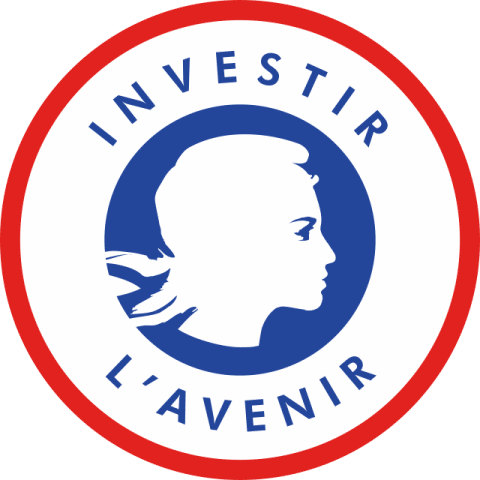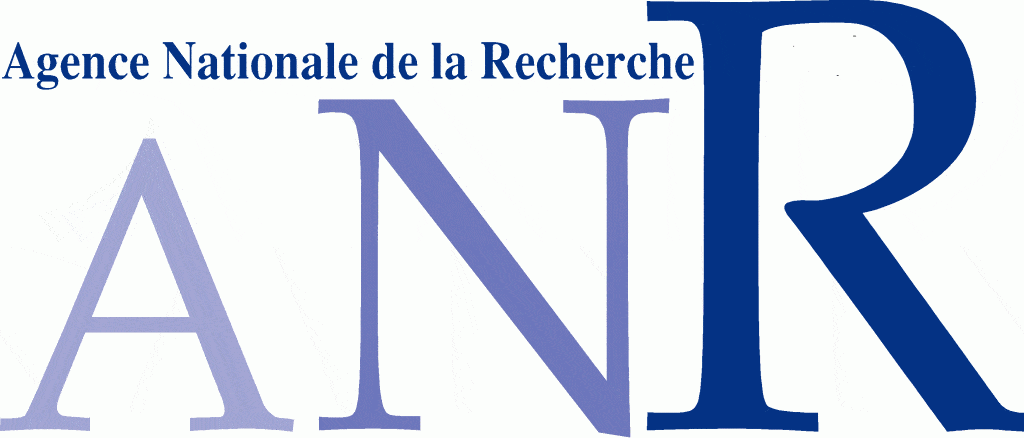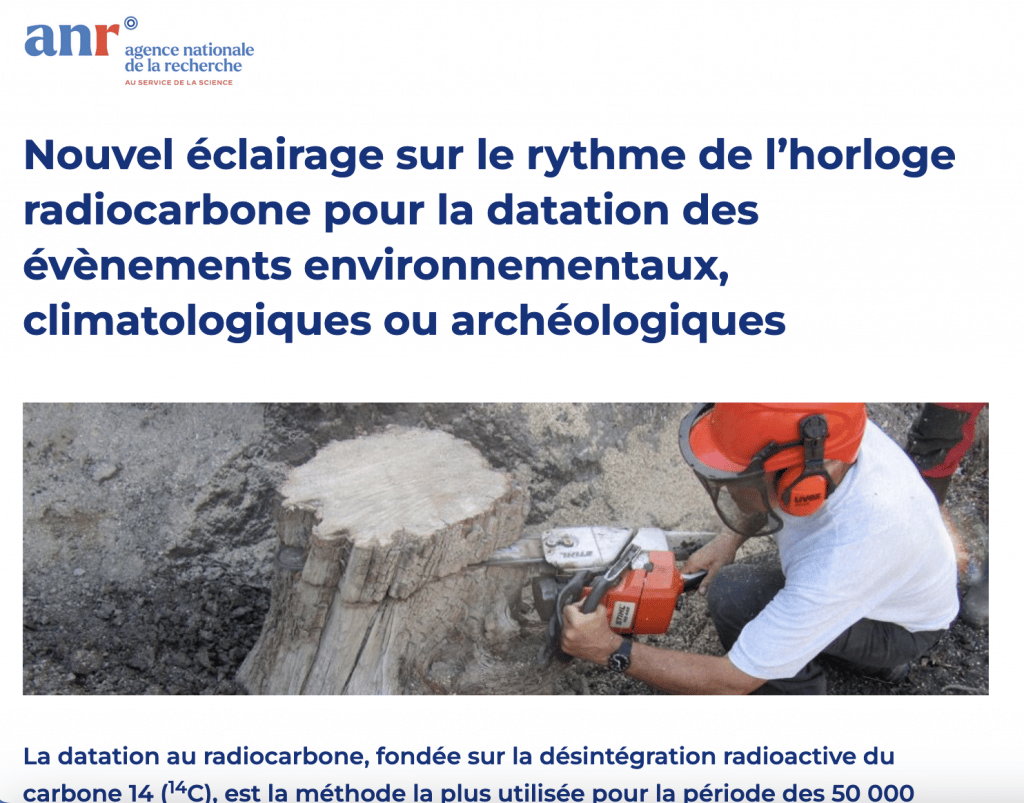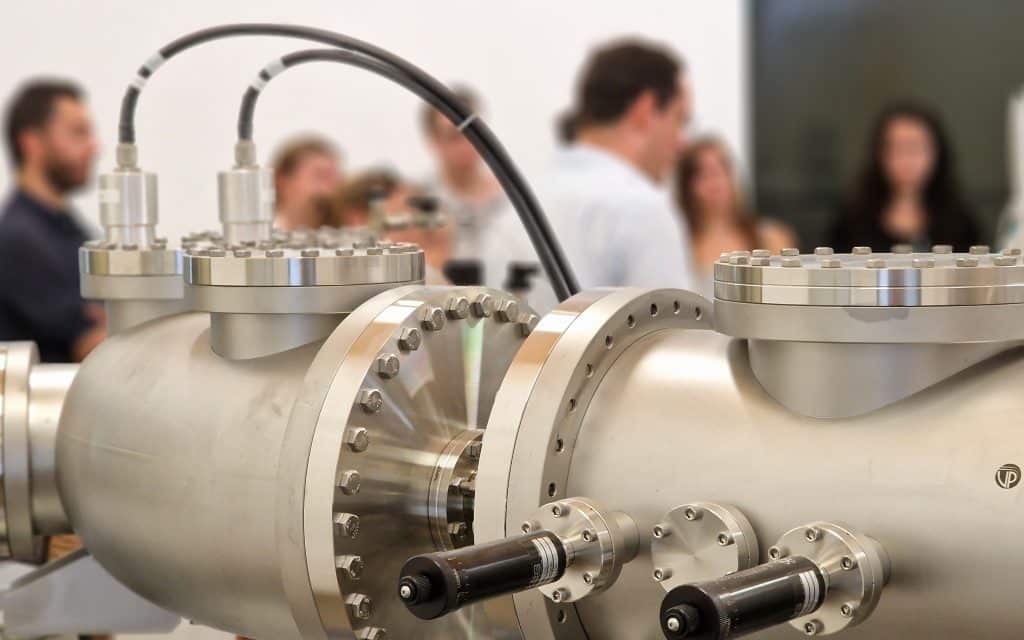

Equipex Aster-CEREGE
Project coordinator
Edouard Bard
Steering Committee
Edouard Bard
Jérôme Balesdent
Didier Bourlès
Pierre Deschamps
Bruno Hamelin
L'National Research Agency selected the project ASTER-CEREGE in the context of the call for tender EQUIPEX of Investment in the future. This project has been allocated 2.7 million euros by the ANR for analytical equipment and 1 million euros for its operation.
The ASTER-CEREGE isotope geochemistry platform is supported by theAix-Marseille University in collaboration with the other supervisory bodies of the UMR CEREGE: the CNRS, l'IRD and the Collège de Francein partnership with theINRAé.
L'objective of ASTER-CEREGE is toexpand and diversify the range of isotope geochemistry equipment installed on the Arbois Technopole in Aix-en-Provence, and to consolidate them at the best current international level.
Our project includes three instrumentation strands This is an internationally unique experimental set-up:
. an accelerator mass spectrometer (AMS) dedicated to the measurement of 14C in gaseous and solid micro-samples (AixMICADAS), accompanied by its carbon purification laboratory
. a plasma source multicollector mass spectrometer (MC-ICPMS) with its ultra-clean sample preparation unit
. a more efficient ion source for theASTERisks accelerator of 5 MV already present on the Technopôle de l'Arbois site.
These three strands of equipment are used in combination for the following research four scientific themes main :
. The reconstruction of past sea level variations and deglaciation mechanisms, to contribute to improving climate change modelling and the dynamics of the ice caps.
. The study of the carbon cycle and natural and anthropogenic CO2 exchange between the atmosphere, ocean, vegetation and soils using 14C tracing (cosmogenic and thermonuclear).
. The study of geochemical disturbances in the environment in response to global changes and anthropogenic pressures. An innovative multi-elemental isotope tracing approach is used to study the natural distribution and anthropogenic dispersion of certain metals.
. Focusing and development of measurement methods in AMS and MC-ICPMS, among others in response to specific new developments requested by the nuclear industry.
In addition to the basic research topics, our project also represents an opening towards Valued research (soil and water quality, monitoring of carbon emissions and certain radioelements, nuclear materials, etc.). This applied component still requires new methodological developments to make full use of our AMS and MC-ICPMS tools.
The ASTER-CEREGE geochemistry platform participates in the activities of two Risk Management and Territorial Vulnerability" and "Water" competitiveness clusters



